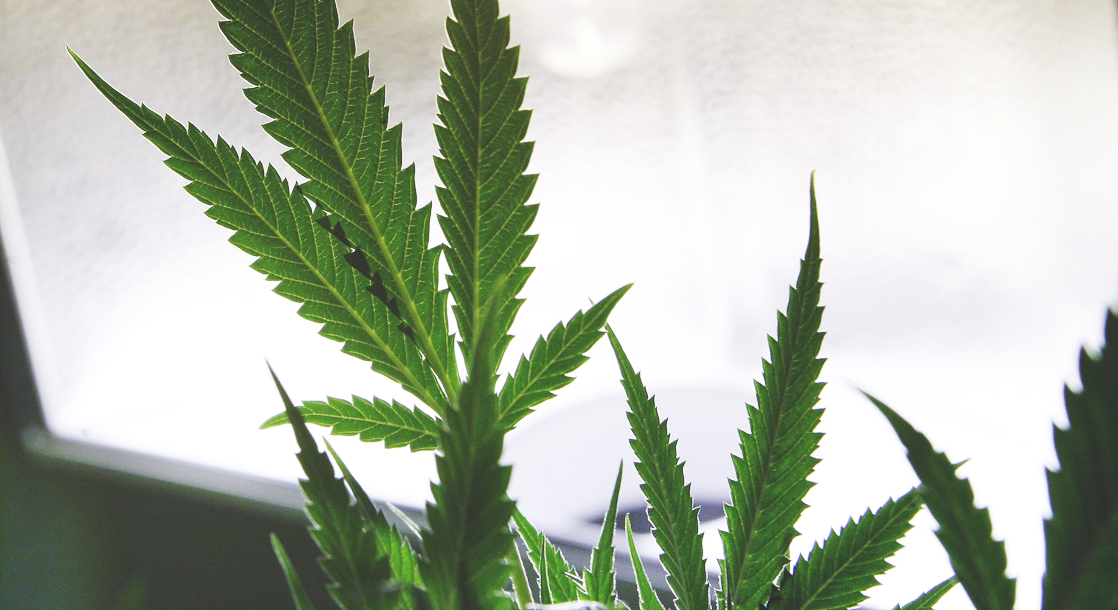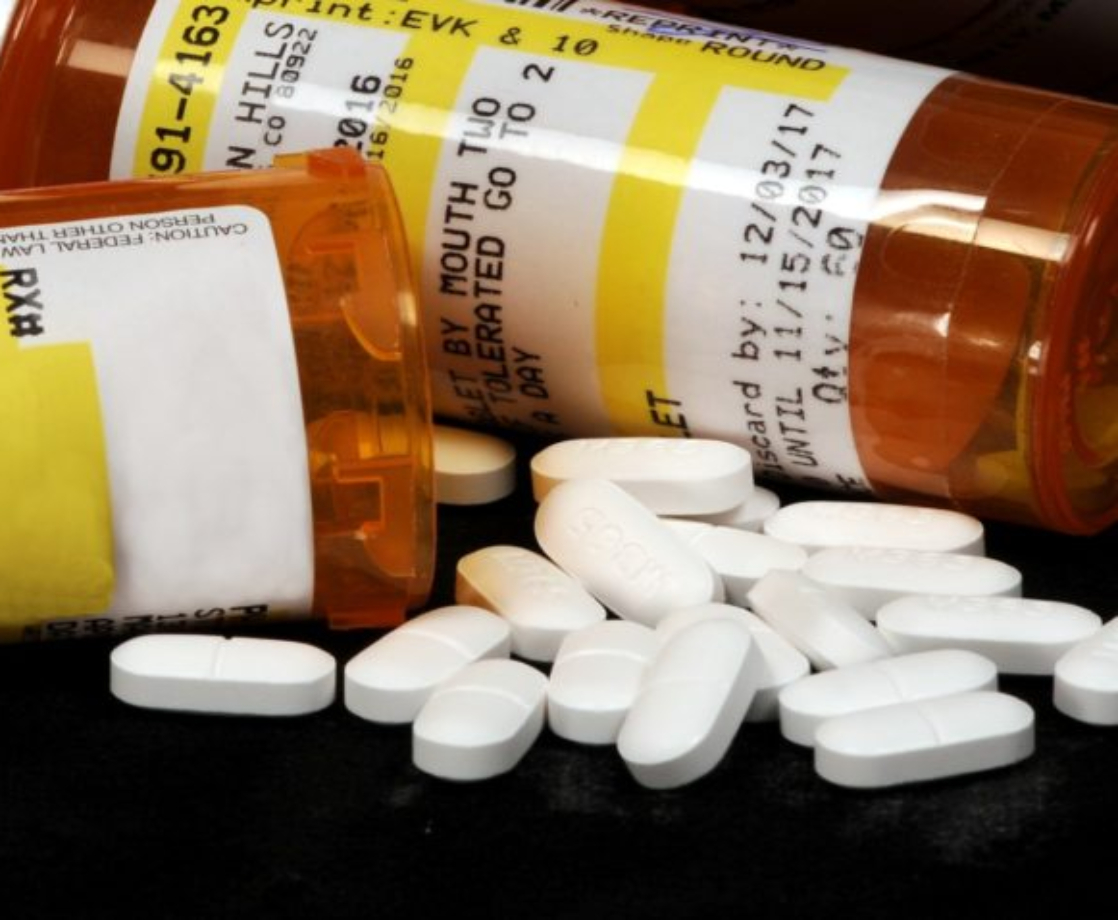Opponents of a proposed Massachusetts ballot initiative to legalize recreational cannabis filed a lawsuit Wednesday seeking to abort the measure, arguing that its exclusion of provisions outlining its legalization of cannabis-infused foods leaves it fatally flawed.
Opponents of the initiative—dubbed The Regulation and Taxation of Marijuana Act and spearheaded by the pro-cannabis group Campaign to Regulate Marijuana Like Alcohol—argued before the Massachusetts Supreme Judicial Court that the measure was not specific enough in regards to edibles.
“The voters were significantly misled when they were told that this was going to legalize marijuana,” said John Scheft, the attorney who filed the lawsuit on behalf of the 59 voters seeking to kill the measure. “What people are being asked to legalize is marijuana, hashish, marijuana concentrates and also food products.”
Robert Toone, a lawyer for the state attorney general’s office, argued that a comprehensive summation of all the goods infused with THC—the psychoactive substance in cannabis—that would be legalized through the ballot measure is unrealistic.
“Using the term marijuana products is clear and people understand what that means,” Toone said. “[T]o single out particular applications—they have singled out ice cream and candy—would slant the summary in a particular direction.”
The presiding judge, Justice Robert Cordy, was not convinced by the state’s argument.
“Having read your summary, I would have no idea that the measure allows the infusion of a hallucinogen into food and drink at all,” he said.
Residents of Massachusetts—which already allows for the medical use of cannabis—appear divided on the issue of legalized recreational cannabis: A Suffolk University/Boston Globe poll released in May found 43 percent of likely voters supportive of the likely ballot initiative, while 45.8 percent said they were opposed. Regardless, legalization could prove to be a Bay State cash cow, as another study found that approval of the measure could result in $1.1 billion in profits by the year 2020.











